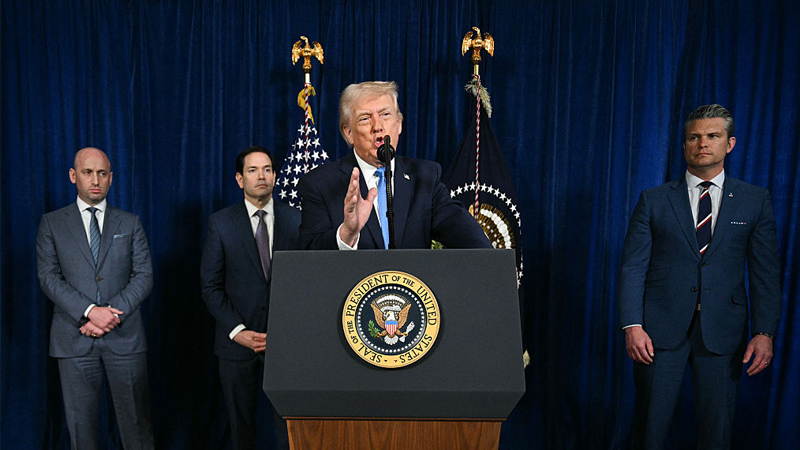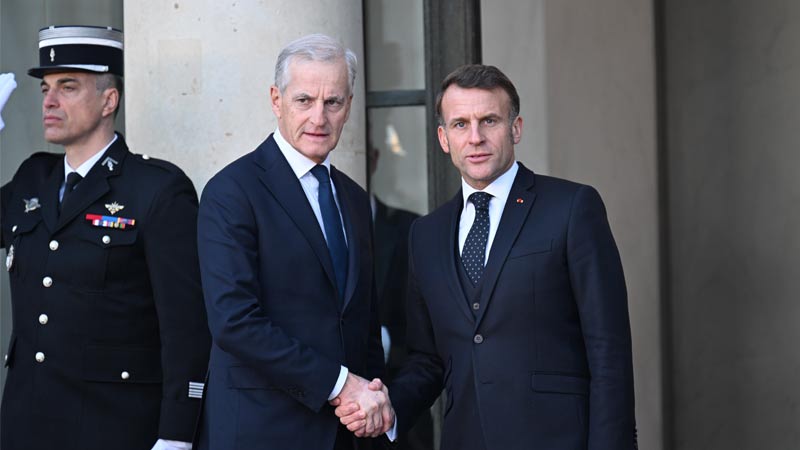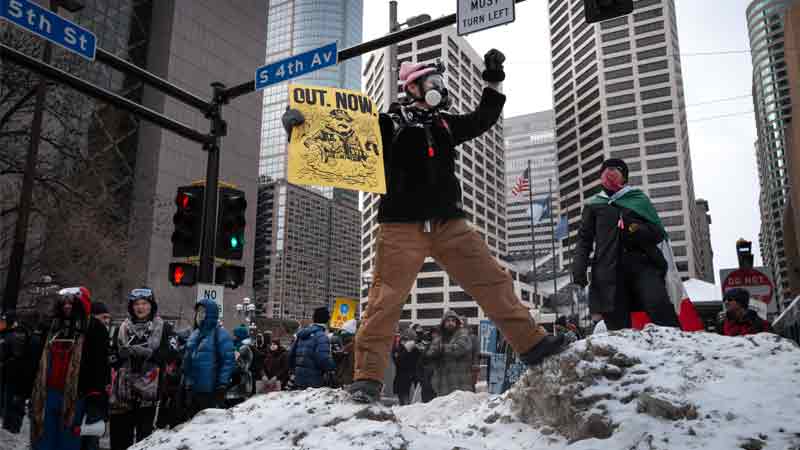The opening ceremony of the Paris Olympics, characterized by constant rain and technical issues and concluding with the Olympic flag being hung upside down, has sparked controversy and garnered criticism from multiple quarters. However, those looking to criticize the ceremony online have been hit with strict copyright takedown notices from the International Olympic Committee that totally ignore the idea of fair use for commentary and criticism.
The ceremony, which extended over four hours, was fraught with gaffes and audio issues, compounded by heavy rain that hindered the performances of international stars like Lady Gaga and the array of 3,000 performers, making it difficult for audiences to see the spectacle.
The narrative took an unexpected turn with a sequence designed to emulate the spirit of a festive gathering, mirroring the iconic biblical scene of The Last Supper, as painted by Leonardo da Vinci, but infused with drag performers.
This segment, part of a series of artistic expressions named after French values like freedom and equality, featured models, fashion icons, and drag queens, embodying a celebration on a bridge over the Seine that also served as a runway.
Elon Musk expressed his disapproval of X, emphasizing that the portrayal was “extremely disrespectful to Christians” and lamenting the perceived decline of Christian cultural influence by stating, “Christianity has become toothless.”
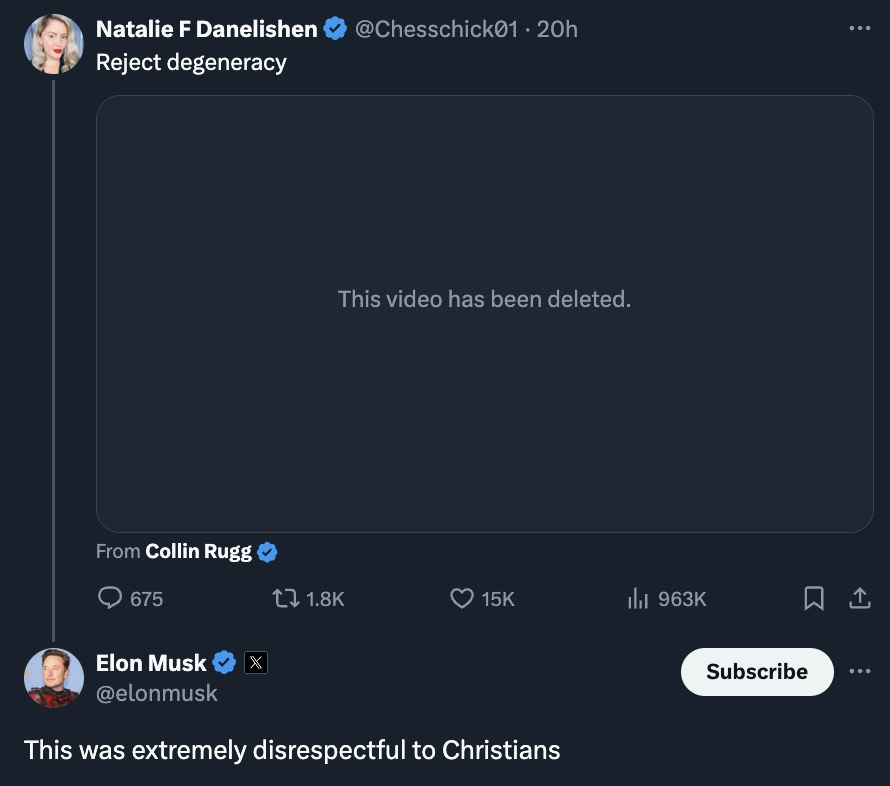
The ceremony prominently featuring a rider on a pale horse parading along the river Seine captured significant attention. This striking scene quickly transcended the immediate spectacle, sparking broader conversations online. On X, a user posted a picture of the pale horse and its rider, drawing parallels to ominous imagery from cultural lore. The image and its association with the figure of Death from the Book of Revelation resonated deeply, prompting discussions and interpretations of its symbolic significance at the Olympics.
The user’s post echoed apocalyptic themes, remarking, “If you have any doubt what is going on at the Olympics opening ceremony. A single rider on a pale horse is straight out of the book of Revelation,” accompanying the clip with a haunting quote: “And I looked, and behold a pale horse: and the name that sat on him was Death, and Hell followed with him. And power was given unto them over the fourth part of the earth, to kill with sword, and with hunger, and with death, and with the beasts of the earth.”
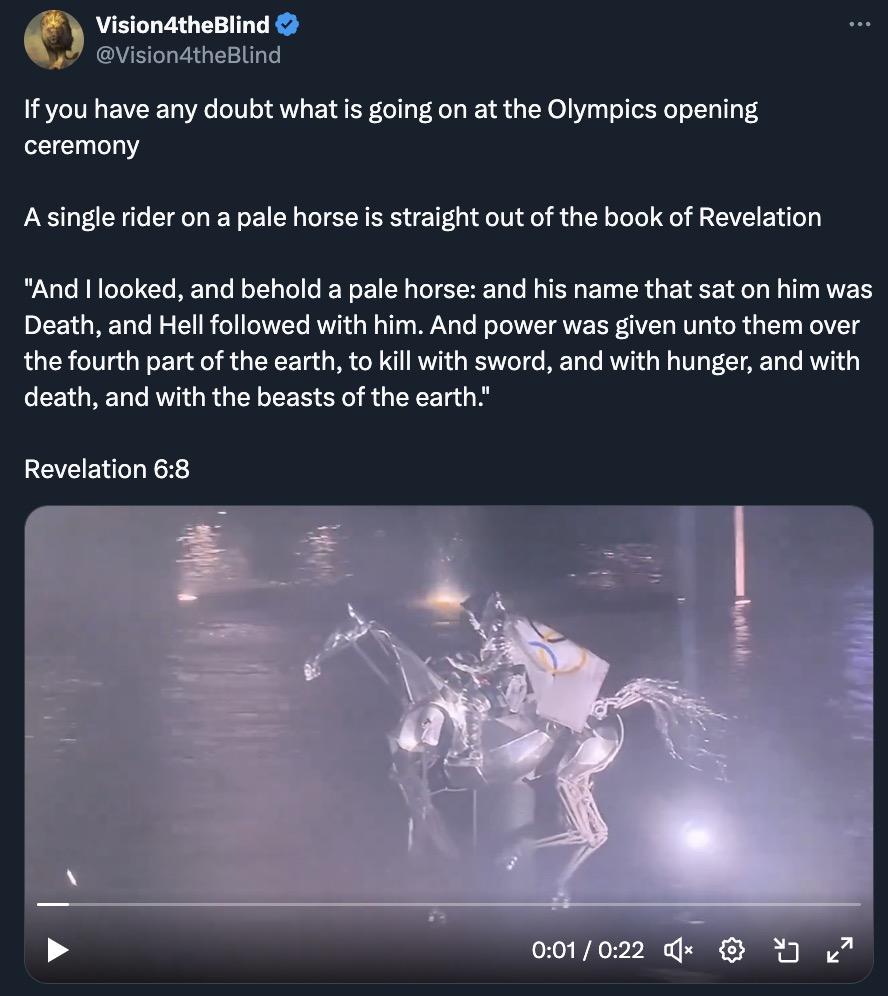
However, these efforts to critique or highlight certain aspects of the ceremony faced a significant roadblock. A number of these posts were quickly hit with copyright strikes, leading to their removal from the platform.
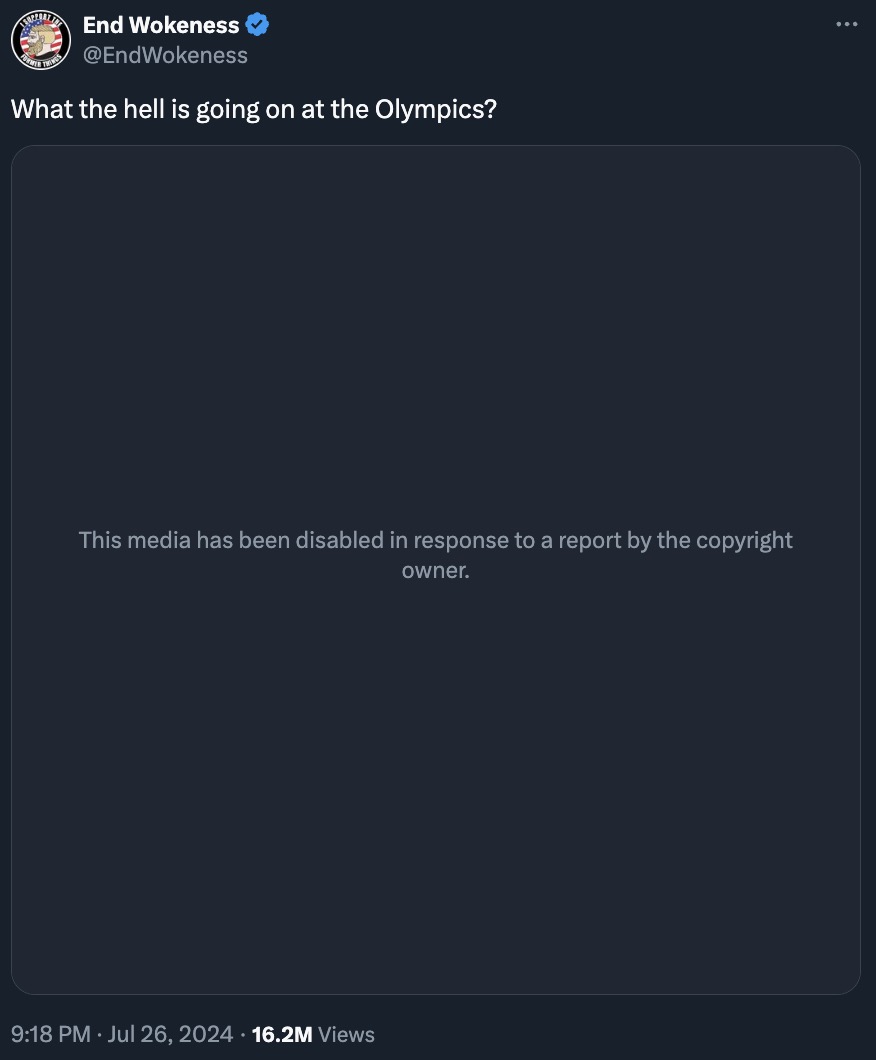
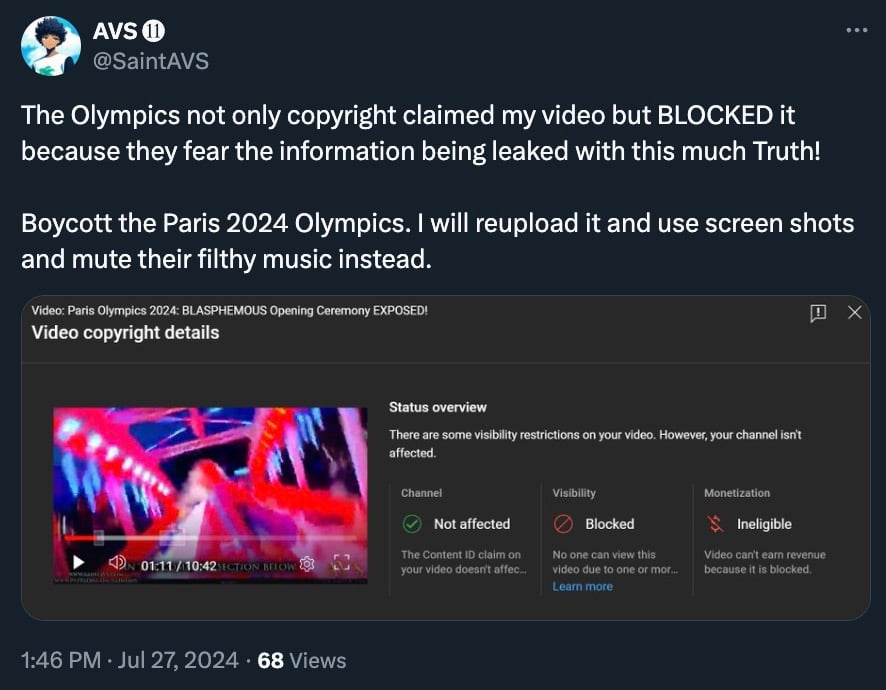
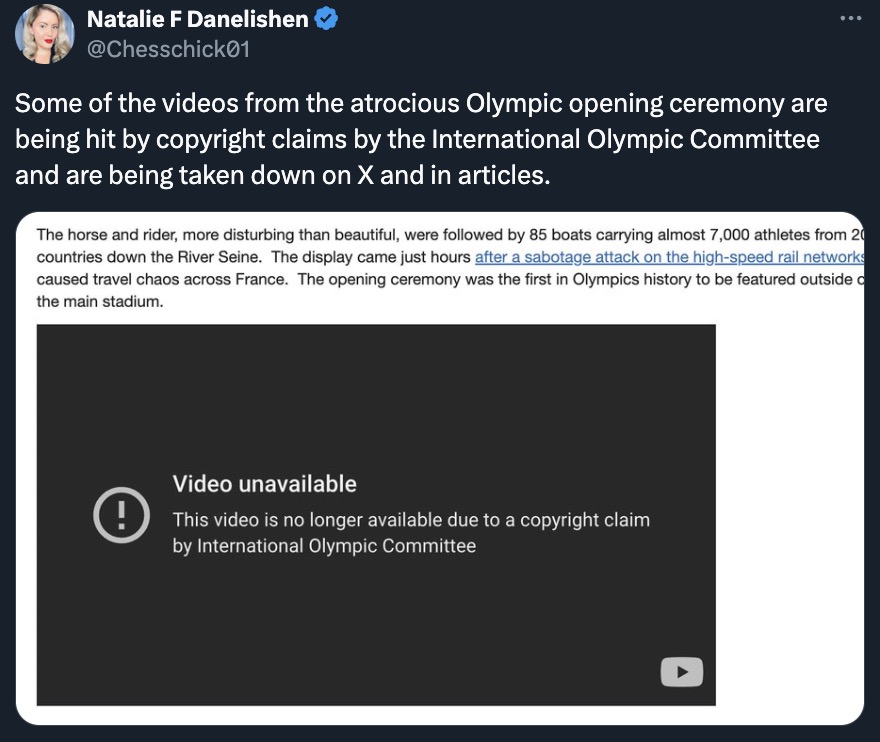
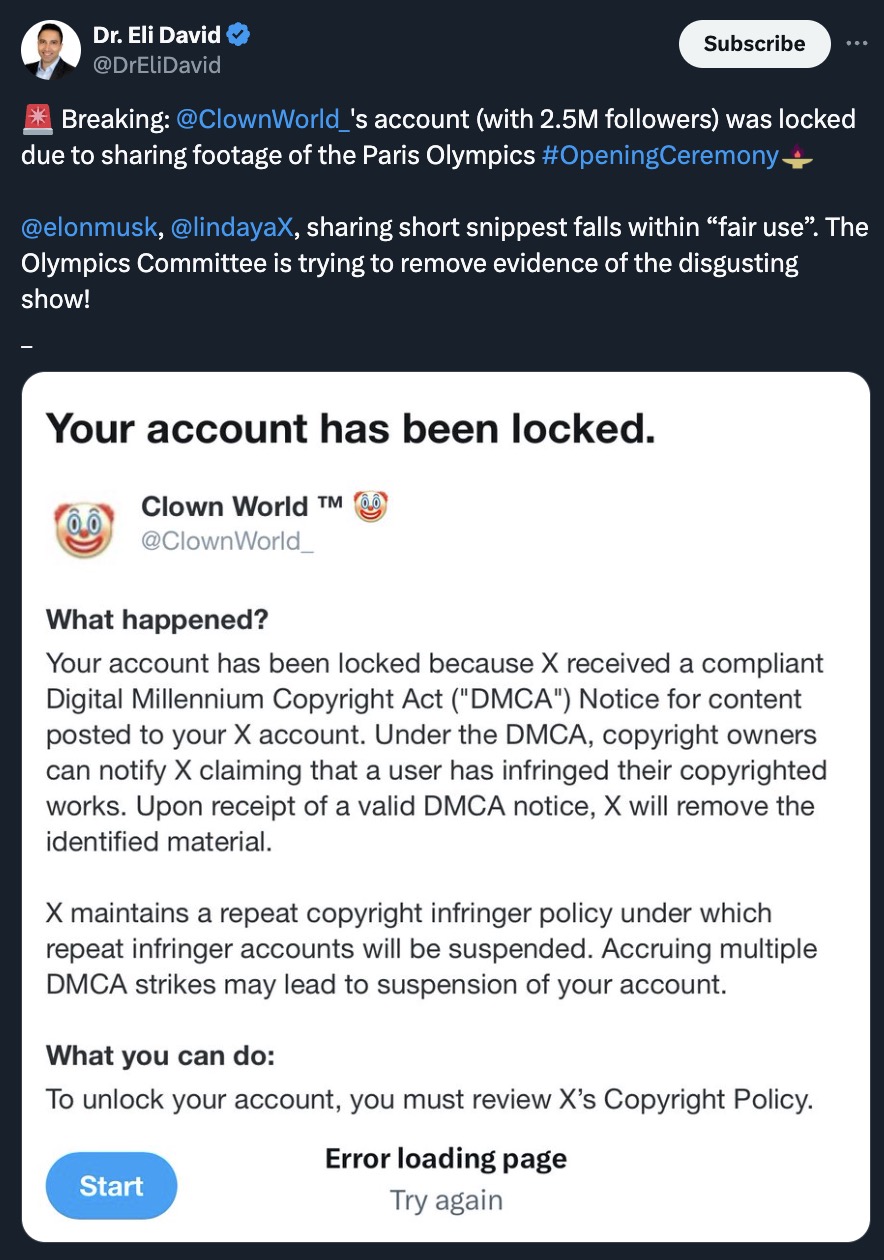
This action sparked further discussion among users about the boundaries of fair use, especially in the context of a global event meant for public viewing.
The International Olympic Committee has exhibited an increasingly aggressive stance in protecting its copyrighted materials. This protective behavior extends to cracking down on unauthorized sharing of video clips and images, especially when used for criticism or commentary on social media platforms. Critics argue that such stringent enforcement not only curtails fair use but also stifles public discourse surrounding the Olympics.
Fair use is a legal doctrine that allows limited use of copyrighted material without permission from the copyright holder, particularly for criticism, commentary, education, and news reporting. This doctrine supports free expression by recognizing that uses like criticism and commentary add new insights or meanings to original works, making them transformative and thus permissible. These uses are essential for fostering public discourse and allowing a critical engagement with cultural and media productions.
Elon Musk responded to the censorship saying: “This is overzealous application of DMCA. The law permits limited use of copyrighted material in special circumstances.”
The Digital Millennium Copyright Act (DMCA) of 1998, designed to protect copyrights in the digital era, has come under criticism for its “notice-and-takedown” process. This procedure allows copyright holders to request the rapid removal of content they claim infringes their rights, without requiring proof before action is taken. While intended to safeguard intellectual property, it’s often used to aggressively suppress legitimate uses like criticism and commentary, particularly evident in actions taken by organizations like the International Olympic Committee (IOC). This system, skewed in favor of copyright holders, lacks penalties for false claims, leading to potential abuse. Such a setup discourages free expression and can lead to a less informed public discourse about significant events like the Olympics, highlighting a crucial flaw in the DMCA’s structure.


